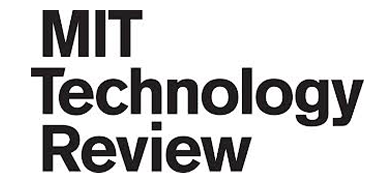Research
Talks and Tutorials
You can learn more about our recent research from our talks and tutorials.
-
Data Pyramid and Data Flywheel for Robotic Foundation Models. Princeton Symposium on Safe Deployment of Foundation Models in Robotics, November 2024. (website, video, slides)
-
Pathway to Generalist Robots: Scaling Law, Data Flywheel, and Humanlike Embodiment. CoRL 2023 Early Career Keynote, November 2023. (website, video, slides)
-
The Data Pyramid for Building Generalist Agents. MIT Embodied Intelligence Seminar, December 2022. (website, video, slides)
-
Objects, Skills, and the Quest for Compositional Robot Autonomy. Stanford Robotics Seminar, February 2022. (website, video, slides)
-
Visual Affordance Learning for Robot Manipulation. Toyota Research Institute, August 2021. (slides)
-
Visual Imitation Learning: Generalization, Perceptual Grounding, and Abstraction. RSS’20 Workshop on Advances & Challenges in Imitation Learning for Robotics, July 2020. (workshop, slides)
-
Building General-Purpose Robot Autonomy: A Progressive Roadmap. Samsung Forum, June 2020. (video, slides)
-
Learning Keypoint Representations for Robot Manipulation. IROS’19 Workshop on Learning Representations for Planning and Control, November 2019. (workshop, slides)
-
Learning How-To Knowledge from the Web. IROS’19 Workshop on the Applications of Knowledge Representation and Semantic Technologies in Robotics, November 2019. (workshop, slides)
-
Closing the Perception-Action Loop: Towards General-Purpose Robot Autonomy. Stanford Ph.D. Defense, August 2019. (dissertation, slides)
Open-Source Software & Data
We devote effort to making scientific research more reproducible and making knowledge accessible to a broader population. Open-sourcing research software and datasets is one of our key practices. You can find open-source code and data from our research on the Publications page or on our GitHub. We highlight some public resources below:
-
GR00T N1: the world’s first open humanoid robot foundation model
-
RoboCasa: large-scale simulation of everyday tasks for generalist robots
-
MineDojo: building open-ended embodied agents with Internet-scale knowledge
-
Deoxys: modular, real-time controller library for Franka Emika Panda arms
-
RoboMimic: open-source framework for robot learning from demonstration
-
RoboSuite: modular simulation framework and benchmark for robot learning
-
RoboTurk: large-scale crowdsourced teleoperation dataset for robotic imitation learning
-
SURREAL: distributed reinforcement learning framework and robot manipulation benchmark
-
AI2-THOR: open-source interactive environments for embodied AI
Selected Media Coverage














